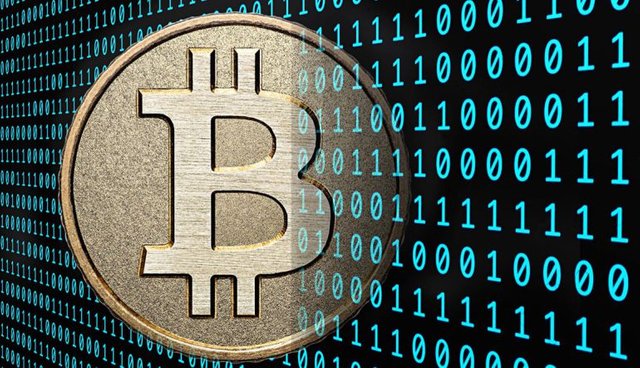¿Por qué Satoshi Nakamoto y Blockchain han cambiado las finanzas?
Qué es blockchain:
¿Qué es el blockchain? Entre otras cosas, es una de las palabras de moda en los últimos tiempos. La cadena de bloques es también un concepto que plantea una enorme revolución no solo en nuestra economía, sino en todo tipo de ámbitos.
Entender lo que es esa cadena de bloques no es tan difícil, y dado que cada vez se utiliza más este concepto hemos querido hacer una especie de curso rápido de introducción al blockchain, para explicar qué es, cómo funciona y cuál es esa revolución que plantea la cadena de bloques.
block chain
This is where the blockchain comes in, which basically eliminates intermediaries, decentralizing all management. The control of the process belongs to the users, not the banks - we continue talking about money, but the example can be extrapolated to other types of transaction - and it is they who basically become part of a huge bank with thousands, millions of nodes , each of which becomes a participant and manager of the bank's account books.
What then is the blockchain? Well, a gigantic account book in which the records (the blocks) are linked and encrypted to protect the security and privacy of the transactions. It is, in other words, a distributed and secure database (thanks to encryption) that can be applied to all kinds of transactions that do not necessarily have to be cheap.
This is how a transaction works on the blockchain
The process is relatively simple, but as we say it involves more people. Now Mariano and Luis are not alone, and will be part of a large group of users who are in charge of verifying that the entire process occurs as it should.
Because blockchain changed finances
Although it is a still little explored technology and in an early phase of development, the blockchain could open the doors to a decentralized economy where users have greater freedom and a higher level of participation and autonomy. What really makes blockchain a disruptive technology is its ability to transfer trust to users by dispensing with the need for intermediaries to add value to something. This network is not limited to the exchange of information like the Internet, but to the exchange of value.
The blockchain has to face certain legal and confidentiality obstacles, as pointed out by a survey by the Center for Alternative Finance at the University of Cambridge, and also other types of energy, organizational and even social difficulties. Only time, regulatory development and innovation can help save them. On the other hand, its detractors also point out the risk that, deliberately or accidentally, someone introduces an error in the registry, making it very difficult to reverse it, or the danger that the lack of arbitrators implies when these errors or frauds occur.
Cc:

.jpg)


muy buen post amigo.. saludos
Downvoting a post can decrease pending rewards and make it less visible. Common reasons:
Submit